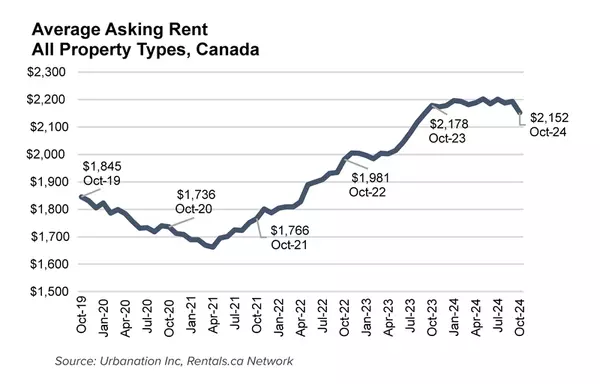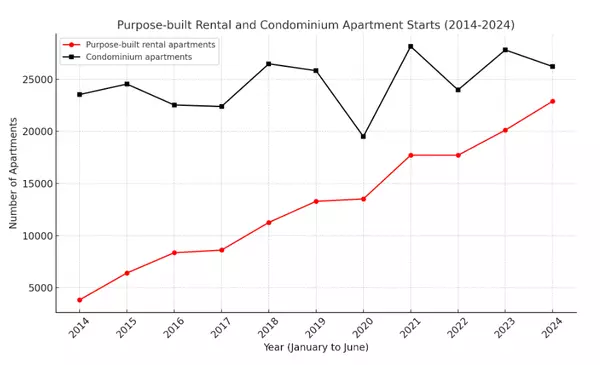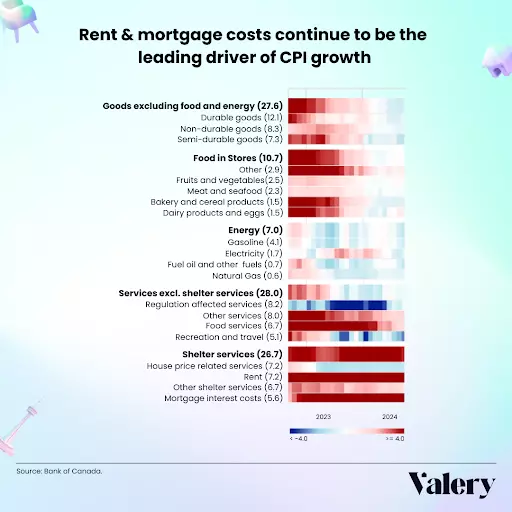
Successful Week 8 Training Recap: Unlocking the Power of ListTrac & HoodQ for Real Estate Excellence!
This week, we had an incredible training session focusing on two game-changing tools for real estate agents: ListTrac and HoodQ. Attendees walked away with actionable insights on how to boost their listings, engage clients with data-driven insights, and add immense value to every interaction. Here’s a recap of what we covered—and how these tools can help agents stand out in today’s competitive market. Why ListTrac & HoodQ Matter in Real Estate Understanding local market data and engaging clients with tailored insights can turn a good agent into an exceptional one. ListTrac and HoodQ offer agents powerful ways to track, report, and share valuable neighborhood data with clients. These tools help clients make informed decisions while demonstrating your expertise as an agent who brings value beyond just listings. Key Takeaways from the Session HoodQ: Enhancing Client Engagement through Neighborhood KnowledgeHoodQ provides agents with easy access to essential neighborhood data, like local schools, amenities, transit, and lifestyle insights. Here’s how we learned to leverage HoodQ: What Is HoodQ?: We broke down HoodQ’s capabilities and how to integrate these insights directly into your listings. Best Practices: From setting up reports to using targeted insights, attendees gained practical knowledge on adding real neighborhood value to each client experience. Why It Matters: Clients appreciate more than just property details—they’re looking for a place to live their lives. By using HoodQ, agents can present a full picture of the community, helping clients envision their future in that neighborhood. ListTrac: Mastering Data & ReportingListTrac provides deep insights into listing performance. Agents learned: Generating Detailed Reports: We covered how to produce listing-specific reports that highlight views, engagement, and reach, giving clients a clear picture of interest in their property. Automation Tips: With automation features, agents can send periodic updates to clients, keeping them informed and showing them the results of your marketing efforts. Why It Matters: Regular, data-driven updates show clients that their listing is actively managed and progressing. It builds trust and positions you as a professional with real-time market awareness. How Agents Can Apply These Insights to Succeed Using ListTrac and HoodQ not only improves listings but also elevates an agent’s unique value proposition. When clients see real insights on neighborhood quality and listing performance, they know they’re working with a professional who goes above and beyond. These tools empower agents to: Stand out by providing clients with meaningful, data-backed insights. Enhance marketing strategies, leading to more effective listings and faster transactions. Position themselves as trusted advisors in the eyes of clients, whether they’re buying, selling, or investing. Thank You to All Who Attended! Thank you to everyone who joined this dynamic session, shared insights, and engaged with the learning process! We’re excited to see how these tools will add value to your business and transform your client relationships. Stay tuned for upcoming sessions as we continue growing our expertise and setting new standards in real estate. For more real estate insights and future training sessions: Follow Ali Bolourchi and Mehdi Sayffis’s team and join us on this journey of excellence! #RealEstateTraining #ListTrac #HoodQ #ClientEngagement #DataDrivenRealEstate #AliBolourchi #MehdiSayffi #GTARealEstate #GrowYourBusiness

Toronto Rental Market Report: October 2024
The Toronto Regional Real Estate Board (TRREB) has released its rental market statistics for the second quarter of 2024, highlighting significant trends in the condominium apartment rental sector compared to the same period in 2023. The data showed an increase in both rental activity and the number of listings, reflecting a dynamic rental market influenced by various factors.Rental DemandIn Q2 2024, there were 17,400 condominium apartment rentals reported through TRREB’s Multiple Listing Service (MLS®), representing a 25.2% increase from 13,896 rentals in Q2 2023. This surge in rental activity is indicative of strong demand in the rental market, driven primarily by strong population growth in the Greater Toronto Area. However, the increase in demand is coupled with a 51.3% rise in condo rental listings during the same period. The TTREB expects the demand for rental housing to remain strong for the “foreseeable future”.Rental Price TrendsAverage rents have experienced a decline. For example, the average rent for a one-bedroom condominium apartment in Q2 2024 was $2,452, down 3.1% from $2,529 in Q2 2023, while the average rent for a two-bedroom condo decreased by 1.9%, falling from $3,239 in Q2 2023 to $3,178 in Q2 2024. These reductions in average rental prices reflect the balance between sustained demand and increased rental inventory, allowing renters to negotiate more favourable terms.The TTREB notes that while the current inventory expansion has led to lower average rents, this may be temporary if the construction and supply of new rental units do not keep pace with demand.More details can be found on the TTREB’s website.

New build assignments: Ensure a smooth, seamless, dispute-free transaction closing
The term “assignment” may be unfamiliar to industry newcomers. In real estate transactions, an assignment refers to the arrangement where the original buyer of a property, known as the “assignor,” transfers their rights and obligations under the Agreement of Purchase and Sale (APS) to another party, the “assignee.” Assignments: A quick brief If a buyer assigns a property to another party prior to closing, the original buyer remains responsible until closing, acting as the assignor alongside the assignee (the new buyer) to the seller.It’s essential to note that this process occurs before the assignor closes on the property and takes legal possession (title). In this arrangement, the assignee steps into the role of the buyer and completes the transaction with the seller, requiring minimal continued involvement from the assignor beyond the closing. New build assignments require a complex, non-standard process Assignments for new builds are particularly complex and must be handled differently than standard processes that real estate agents usually follow. When dealing with new build assignments, it’s critical to obtain the builder’s approval through their lawyer and thoroughly review the assignment agreement.Having a lawyer review the document on behalf of either the assignee or the assignor is advisable, as many issues arise with the drafting of the Assignment APS. One key issue is the allocation of the purchase price. Buyers often misunderstand that, while paying, for example, $600,000 for a property — which includes payments to both the builder and the assignor — they must also reimburse the assignor for their original deposit to the builder. Consequently, the total cost effectively becomes $600,000 plus the return of the initial deposit, a detail that frequently leads to disputes during the Assignment Statement of Adjustments close. Different, additional charges can lead to widespread buyer confusion & frustration Also, the Statement of Adjustments provided by the builder may include various charges — such as for development, levies, Law Society fees and potential legal fees for discharging title charges — that can complicate the financial picture for assignees.For condominium assignments, there will also be adjustments for common expenses and occupancy fees. The pandemic has caused significant increases in these charges, with utilities that once cost $1,500 now often exceeding much higher figures, creating points of contention between real estate lawyers and builders. A notable example is Ashton Meadows in Stayner, Ontario, where builders informed purchasers that they would require an additional $175,000 due to rising costs. Previously manageable development charges have surged from about $3,000 for condominiums and $5,000 for houses, up to $20,000 and more for various property types, leading to widespread confusion and frustration among buyers. Vetting the seller: A key element Another critical element in the assignment of new builds involves vetting the seller by requesting full disclosure, which is essential for ensuring your licence. This differs significantly from purchasing a resale home, as the typical issues usually come down to outstanding water or property tax bills that require resolution, which is easily discoverable through tax/water certificates obtained by the buyer’s lawyer.Agents must ensure that all documents and communications from the builder to the assignor are collected and provided to the assignee, both for their review and their solicitor’s review. When requesting anything for an assignment, you must do so in writing via email so that there’s a proper paper trail. Miscommunication about financial responsibilities often arises from miscalculated Schedule B calculations or agents failing to convey accurate information, which can lead clients to mistakenly believe the cost covers the entire property without additional financial obligations. Crucial to work collaboratively so both assignor and assignee can close Having worked in a law firm, I’ve had exposure to the challenges faced by both legal (lawyers) and real estate (agents) professionals. It’s vital to work collaboratively to ensure that neither the assignor nor the assignee is left unable to close, as the builder’s assignment specifies that the assignor remains liable until the transaction concludes.This continual responsibility highlights the importance of collecting all necessary information, obtaining the Tarion (warranty) certificate and the PDI (pre-delivery inspection) for deficiencies and ensuring a timely exchange of documents to prevent complications. Intent matters significantly During the assignment process, intent matters significantly. If the assignor originally purchased the property purely for investment while the assignee intends to owner-occupy it, the assignee may not qualify for the HST rebate.In such cases, the assignee could face unexpected additional costs, especially if the purchase price exceeds $500,000, considerably increasing financial burdens. The intent of the assignor regarding occupancy and primary residency must be evaluated to determine its impact on the purchase price and the assignee’s eligibility for rebates.If the assignee fails to close, the assignor might be compelled to complete the purchase or risk liability. Builders typically pursue payment from whoever they see fit, which can potentially lead to disputes and claims between the assignor and assignee. These issues can be complex, underscoring the necessity for thorough documentation and complete disclosure to protect all parties involved. Ensuring strong collaboration and meticulous planning throughout the assignment process is the best defense against disputes. Enjoying this article?Get the latest REM articles in your inbox 3x week so you stay up to date on the latest in the Canadian real estate industry Success! Email Subscribe The post New build assignments: Help your clients ensure a smooth, seamless, dispute-free transaction & closing appeared first on REM.
Categories
Recent Posts











